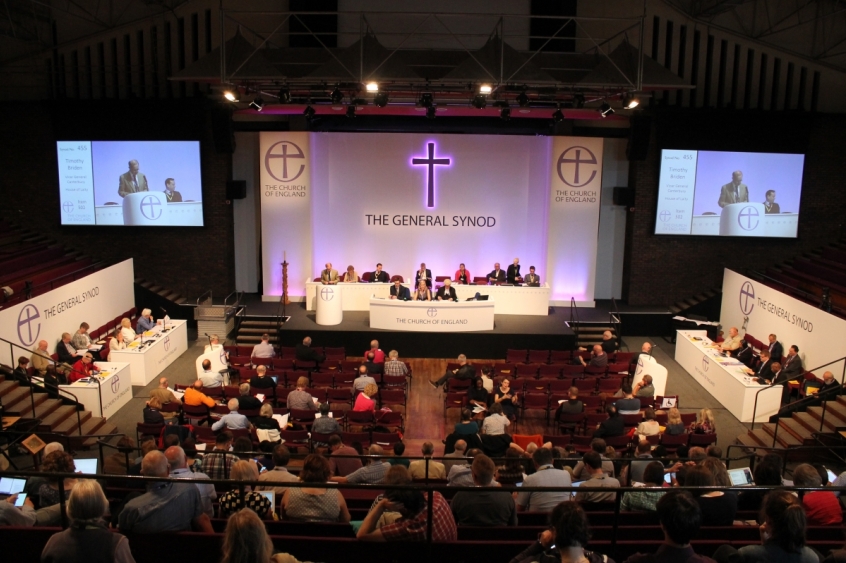
The Church of England's General Synod meeting in York has overwhelmingly passed a motion against legalising assisted suicide.
Dr Simon Eyre, a lay member for Chichester Diocese and a retired GP, moved the private member's motion on Sunday afternoon.
It expressed appreciation for "the enormous and untiring efforts of health professionals, including healthcare chaplains, in constantly developing and maintaining the excellence of palliative and end of life care provision in this country".
It then called on the Government "to guarantee and expedite the adequate funding and resourcing of palliative care services within the NHS to ensure that the highest possible standards of care are achieved and made universally accessible".
Finally, it affirmed that the current law against assisted suicide in the 1961 Suicide Act and its application through the Director of Public Prosecutions' Guidelines "should remain unchanged".
Dr Eyre told Synod that the situation in Canada provides an example of the impact of changing suicide legislation. When assisted dying was legalised in Canada in 2016, the legislation was "restricted to those over 18, being mentally competent, suffering from a serious physical health condition and in an advanced state of decline whose natural death was reasonably foreseeable".
But after legal challenges the terminal illness requirement has now been removed, he said, and from March 2023 "people with mental illness as their sole underlying medical illness" will be allowed an assisted death.
"There would be every prospect that any change in the Suicide Act in this country could lead to similar consequences," he said.
Emily Hill, a lay member from Hereford, argued in favour of assisted suicide in her maiden speech. She said she was a healthcare professional who has worked on a Covid respiratory ward since the beginning of the pandemic and has witnessed "a countless number of deaths".
"The papers we've been provided with as reading material before this debate are heavily biased towards this motion with no alternative view being offered," she said.
She asked: "Why can we prolong life but not appropriately assist people to end it ever so slightly earlier to ensure peace?"
The Bishop of Carlisle, James Newcome, the CofE's lead bishop on healthcare issues, argued against assisted suicide.
"Surely, the argument goes, I have the right to choose the manner and time of my death just as I have the right to choose where I live and what work I do," he said.
"But, of course, the choices I make don't only affect me. They also affect those around me, including in this case my family, my friends and neighbours, my doctor and the norms and values of the society in which I live and die.
"Choice is by no mean as simple as it seems."
Dr Eyre's motion passed with 289 members in favour, 25 against and 33 abstentions.













